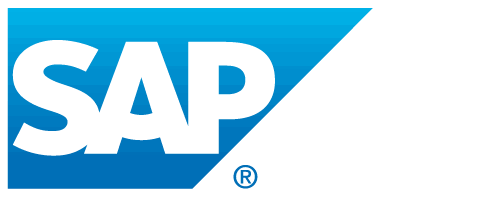There is clearly a market for technology in coaching and mentoring, and one that is primarily driven by the possibility for far greater numbers of company employees to benefit from leadership coaching and mentoring at scale. For example, managers can perform assessments, assign and monitor actions over time for their team.
HR departments also benefit from seeing an organisation-wide view of the effectiveness of a coaching or mentoring programme.
More on coaching & mentoring:
Most in-demand skills for HR named in CIPD survey
Sharpening employees’ tools on a tight budget
Why mentoring is a must for a learning organisation
Almost all these technology platforms are based on artificial intelligence (AI) - whether it is as simple as helping a coach to manage their client appointments, matching mentors to mentees or as sophisticated as text and visual analysis and a “robot coach” provided via a bot.
However, the term AI will often make us nervous and suspicious. Within the coaching profession the idea of AI can provoke strong views along with potential anxiety as to what the future may hold.
The nervousness can be down to very tangible concerns about security of client data. Or it may be a more abstract concern that the value of human interaction which lies at the heart of a coaching relationship may be devalued or destroyed.
There are three key areas where technology can support, enhance and transform the practice and the impact of coaching and mentoring:
- Platforms are available that will support the coach to run their business, for example by improving the client booking, invoicing and reporting process. In effect this is simply making the coach more productive but does not change their approach to one-to-one coaching.
- More advanced platforms can enhance coaching and mentoring practice. For example, coaching platforms can collate the output of psychometric tests, assign and track actions and across a far larger number of clients. Mentoring platforms can be far more effective at matching mentors and mentees in large, diverse organisations and tracking the success of long-term mentoring programmes.
- Perhaps the most controversial aspect of technology is when it evolves traditional coaching practice. For example, technology can “listen” to a client and generate recommendations on what can be done to improve their communication skills. It can interpret facial expressions and eye movements to give additional insights into a client’s interest, emotional state, or commitment to a course of action.
AI plays a significant part in the lives of everyone in the UK, often without us being aware, from Netflix recommendations to AI-enhanced customer service. In health there have been significant developments in how we detect and diagnose a range of cancers using AI.
It can undoubtedly be a force for good but there are perils to avoid. For coaches and mentors, excessive reliance on technology could impede the efficacy and experience of coaching.
Coachees could become overly dependent on the answers provided by a bot and not question the accuracy or validity of recommendations. Coaches and coachees may fear how a platform will use, or potentially misuse, their information and be more circumspect in what and how they communicate.
There are numerous examples of how the mix of human and machine insight is superior to either alone. In the coaching and mentoring profession, it is probable that clients will expect technology to feature in the coaching process, not least because the primary role of a coach is to help their clients improve performance and organisations will want to maximise the impact across a larger number of employees.
The challenge for coaches is to adopt technology in a strategic manner that supports their individual style and alongside their own judgement and integrity.
Mark Ellery is director at Shimpling Place Consulting








